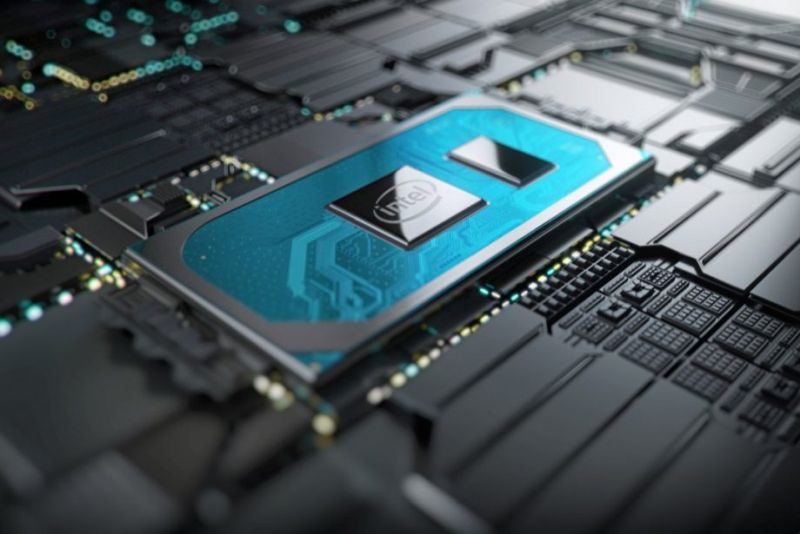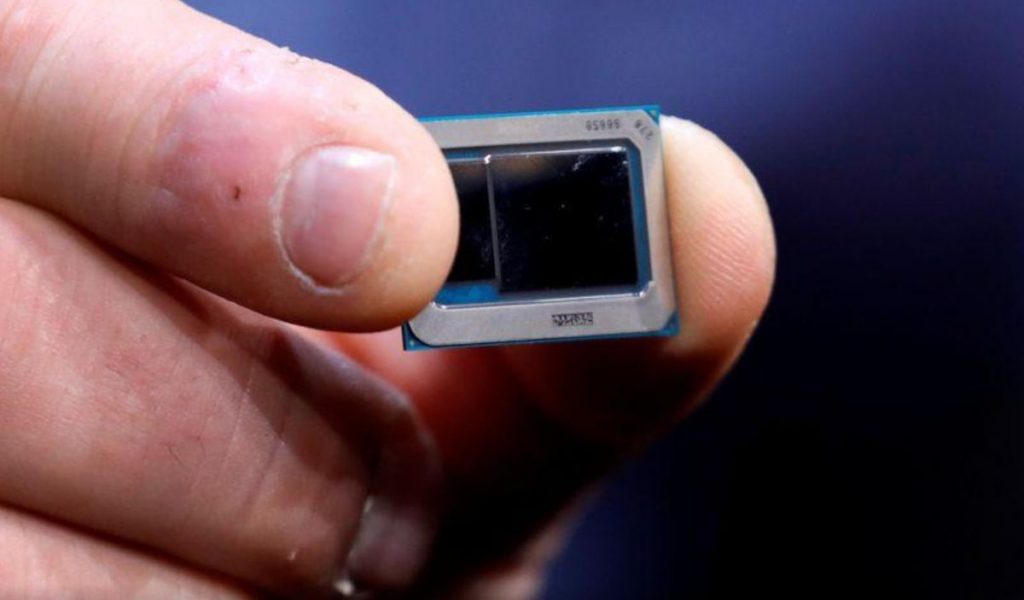The move gives weight to Intel’s stated intentions of producing most of its chips internally. But the company is now also aggressively positioning itself to manufacture chips for other parties as part of a “foundry” business model. Intel is one of the world’s few integrated device manufacturers – companies that both design and make their own chips. In contrast, as CNBC explains, “foundry” companies are essentially contract manufacturers for “fabless” firms who design the chips.
Taiwan-based TSMC and South Korea’s Samsung are the dominant contract manufacturers for chips, Reuters said. So Intel’s plans are being seen as a direct, if belated challenge to both. Samsung itself is considering building a plant in Austin, Texas. But beyond the corporate skirmishes, comes the bigger question of geopolitics. With US-China relations plunging to a new low, Washington is eager to bring back semiconductor manufacturing into the US – as opposed to its current base in countries on Beijing’s doorstep.
The Biden administration must be elated by Intel’s longer-term intentions to build further plants in the US and Europe, in addition to the two in Arizona. Just last month, the new president signed an executive order to shore up the country’s critical industries. China too is frantically sprinting toward chip independence, aiming to produce 70% of the chips it consumes by 2025. As it stands, however, US sanctions in place and Chinese companies have been buying up and hoarding used chip-making equipment from other countries. (Source: Intel, Reuters, CNBC.)

